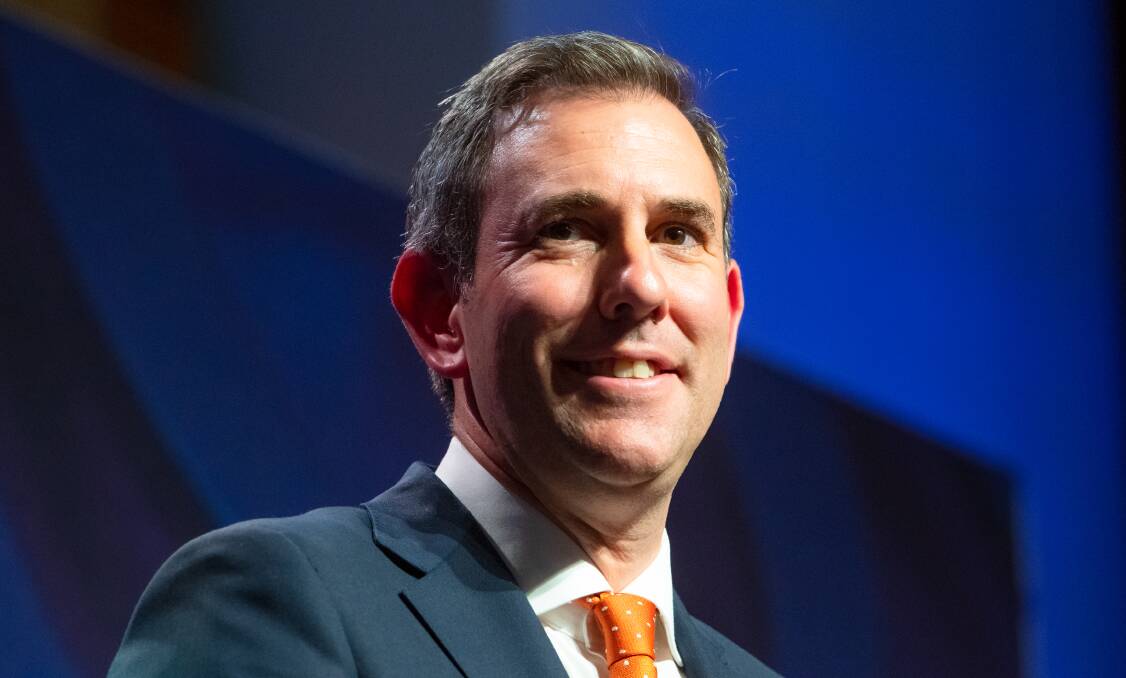
The budget's failure to directly address the cost of living crisis affecting millions of vulnerable Australians has brought the Albanese government's brief honeymoon period to an abrupt end.
Subscribe now for unlimited access.
$0/
(min cost $0)
or signup to continue reading
While the Treasurer Dr Jim Chalmers wanted to talk about of host of things, including the housing accord, cheaper childcare, paid parental leave and cheaper medicines on Wednesday, almost all the questions were about the higher than anticipated inflation rate of 7.2 per cent and projections the price of electricity could increase by 56 per cent and the price of gas by 40 per cent by the end of next year.
One interviewer cut straight to the chase asking: "Well, Treasurer, when struggling Australians realise that you've had an extra $140 million poured into the coffers because of those booming commodity prices but they're still left to struggle with high utilities, petrol, food, health [and] rental costs, do you expect they're going to understand you?"
He responded by referencing cheaper childcare and prescription medicines as cost-of-living relief. The cheaper scripts don't kick in until the start of 2023. The increased childcare subsidies, which apply to families earning up to $530,000 a year, are still eight months away.
Australia's most vulnerable and unsupported are bearing the lion's share of the cost of bringing inflation back to within the RBA's target range. They are living from payday to payday and, unless things change, will have to choose to either heat or eat next winter. That's just not acceptable in a country that once prided itself on being one of the wealthiest and yet most egalitarian nations on the planet.
The Albanese government's trenchant refusal to apparently even consider energy bill rebates or subsidies for those who have been the hardest hit has, along with the election promise to reduce power bills by 2025, given the Opposition a very handy club.
When questioned the Treasurer tried to walk it back by saying the modelling on which the pledge was based had been done in 2021. The fly in his ointment is Labor was peddling this line long after Putin invaded Ukraine and energy prices started soaring.
While the government is right to be wary of policies that could fuel the inflationary spiral the Treasurer is yet to explain why a rebate to help battlers keep the lights on, food on the table, petrol in the tank, and clothes on their backs is such a bad thing.
Has such a possibility even been modelled by Treasury? If so then release it. If not, why not?

